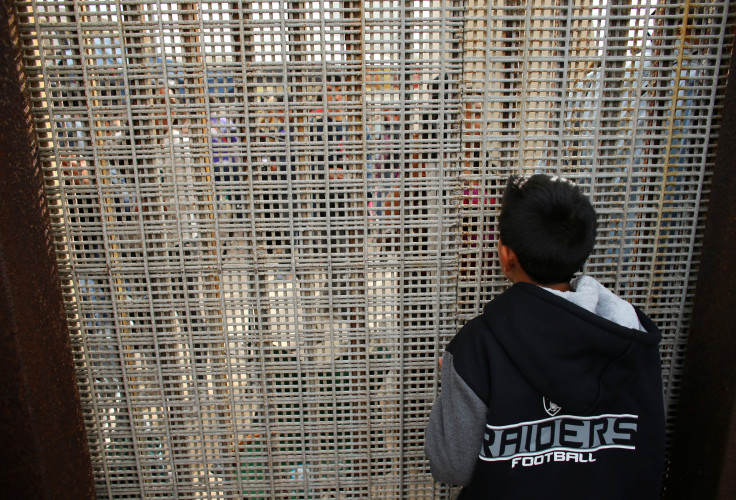How To Become Legal Citizen? US Citizenship Grows Expensive, Immigration Agency Defends Necessity For Price Hike

Immigrants have to shell out more cash to become U.S. citizens after the Department of Homeland Security imposed a price hike across a range of administrative services. Petitions filed to the U.S. Citizenship and Immigration Services (USCIS) will not be accepted unless they include the revised fees, which came into effect last week.
Prices have been raised, by a “weighted average” of 21 percent, for the first time since 2010. With the fees for some key services having been doubled, the changes could pose a considerable burden for immigrants who are short on cash.
However, the USCIS defended the price hike saying the agency is almost exclusively funded only by petitioners’ fees and needed the extra funds to help handle administrative costs. The USCIS was “mindful of the effect fee increases have on many of the customers we serve” and hence waited this long to increase the prices, USCIS Director Leon Rodríguez reportedly said.
“USCIS will also offer a reduced filing fee for certain naturalization applicants with limited means,” Peter Boogaard, a spokesman for the Department of Homeland Security, told CNBC, adding that the hike was “necessary to ensure USCIS can continue to serve its customers effectively.”
Of the nearly 650,000 immigrants in New York eligible to become U.S. citizens, about 110,500 are eligible for the reduced fee plan. However, critics said even with the reduced filing fees, the changes would be a big problem for immigrants seeking U.S. naturalization.
Within the last 10 years, the USCIS — which handles all immigrant applications — has naturalized nearly 7 million immigrants with tens of thousands of immigrants becoming U.S. citizens every year.
Last week, Mexico’s Ambassador to the U.S. Carlos Sada Solana urged the millions of Mexican immigrants in the U.S. to apply for citizenship before President-elect Donald Trump’s inauguration on Jan. 20, 2017.
“It’s one of the very important protection actions to become citizens, because then they’re no longer subject to deportation processes and on the other hand, they don't lose Mexican citizenship,” he said in an interview with Mexican state news agency Notimex.
Trump, on the campaign trail, promised mass deportations of the estimated 11 million undocumented immigrants living in the U.S. However, after his election victory, the real estate mogul said his administration would first deport all undocumented immigrants who had a criminal record, an estimated 2 million or 3 million people.
© Copyright IBTimes 2024. All rights reserved.






















